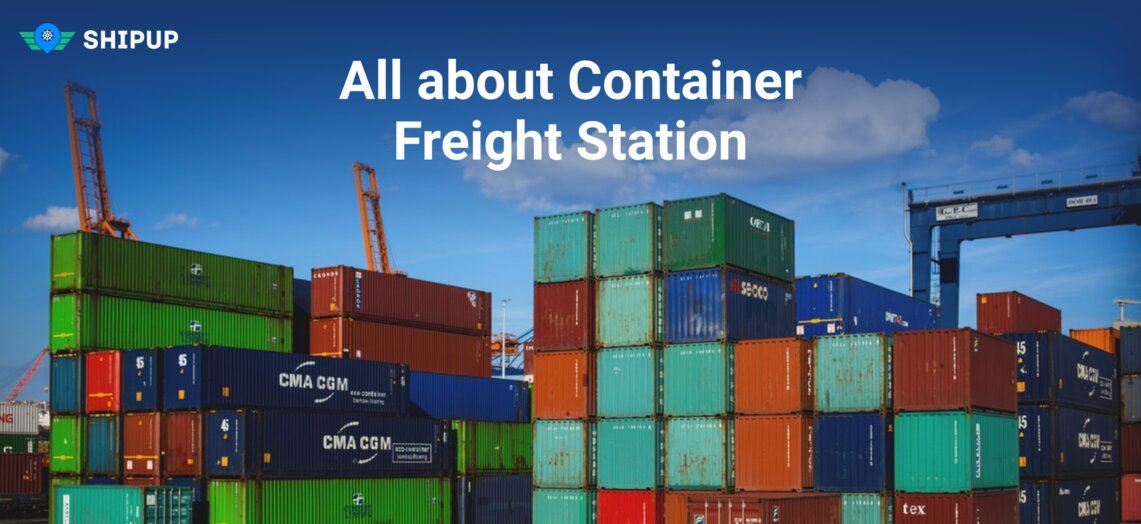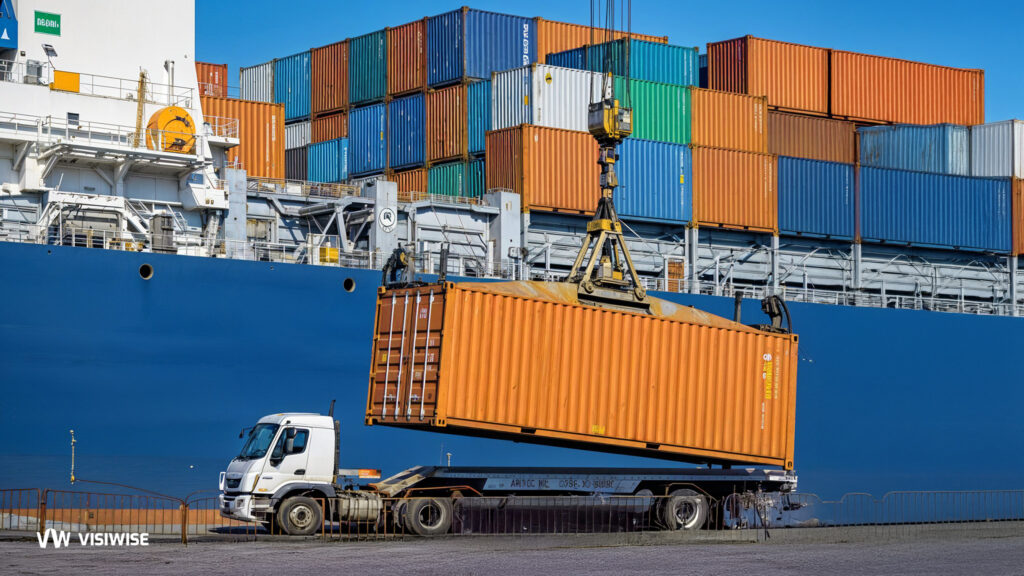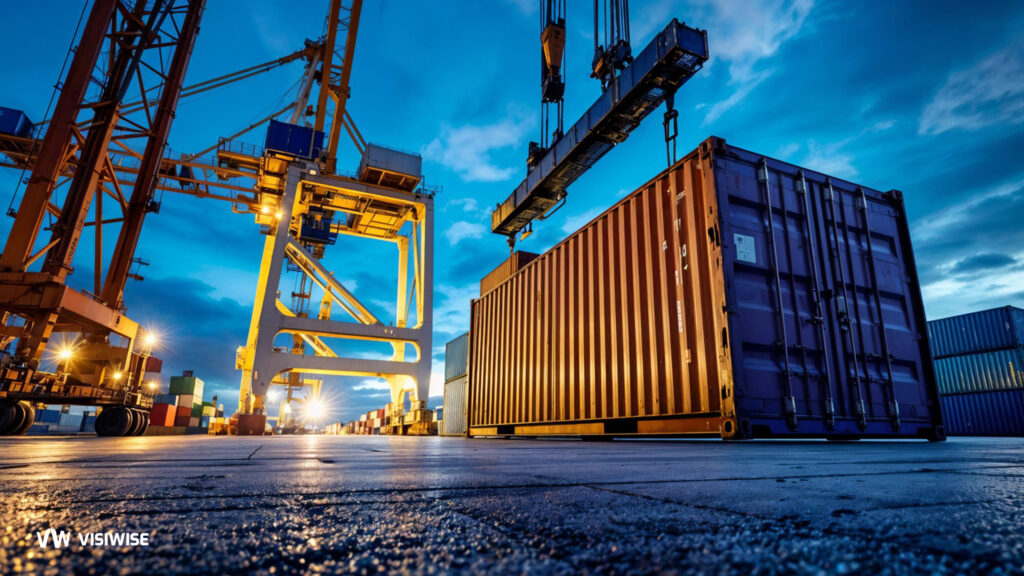A container freight station (CFS) is a facility where cargo containers are loaded and unloaded. These stations are usually located near ports or railheads. CFSs are used to store, maintain, and distribute containers. They often have cranes and other equipment to move containers around. Container freight stations play an important role in the global economy by facilitating the movement of goods around the world.
What Does CFS Mean in Shipping?
containers are loaded onto ships at CFSs using cranes or other heavy machinery. The containers are then transported to their destination, where they are unloaded, and the process is repeated in reverse. Container freight stations are one of the most important features of containerized shipping. The first CFS was built in 1955, and they were put into operation Cargo by two Dutch shipping companies. In the years since then, many more stations have been built around the world.
What Is the Difference Between CFS and ICD?
A Container Freight Station (CFS) is a facility where cargo is consolidated and de-consolidated from various containers. It is also known as an Inland Container Depot (ICD). CFSs are located in port areas and near seaports, whereas ICDs are located inland, away from the port area. CFSs are used for stuffing and unstuffing containers, whereas ICDs are used for storing containers. Thus, there is a difference between CFS and ICD.
What Are the Benefits of Container Freight Station?
The main benefit of having a CFS is that it provides a convenient location for shippers to stuff or un-stuff their containers. This can save time and money as it eliminates the need to transport the containers to and from the port area. Additionally, CFSs can offer other services such as storage, maintenance, and repairs.
What Is the Difference Between CFS and CY?
As we said, CFS is a station for the consolidation and deconsolidation of cargo. But a container yard, also known as a container terminal or container depot, is a facility where shipping containers are stored and transferred between different modes of transportation. These facilities are used by shippers, freight forwarders, and trucking companies to store empty containers and load them onto trucks, trains, or ships. Container yards are an essential part of the global supply chain, as they allow for the efficient movement of goods around the world.
What Are the Advantages of Using Container Yard?
A container yard offers many benefits to both freight forwarders and shippers. A container yard allows for the efficient movement of goods, as containers can be transferred from one mode of transportation to another. This is especially important for slow-moving freight, as it allows for the most efficient and cost-effective movement of goods.
When forwarders or shippers use a container yard to store their empty containers, they also free up space in their own warehouses. This can be a huge advantage, as it allows them to store more goods in their existing space. For example, if a forwarder has 25 empty containers, they could use a container yard to hold those containers. This frees up 25 spots in their own warehouse for other goods.
What Is a CFS Fee?
A container freight station (CFS) fee will be added to the cost of a less-than-container-load (LCL) shipment when it is delivered to its destination port. After unloading the commodity, it is deconsolidated at a CFS, after which it’s loaded into a truck, transported to the destination, and charged a fee for deconsolidation.
Container Freight Station License
A container freight warehouse license authorizes logistics operators to perform bulk-breaking and consolidation operations on shipments in Less-Than-Full container load areas in a free port. This permit is non-dutiable and non-strategic, and only these kinds of goods can be transported in a container freight warehouse. The license is valid for one year and may be renewed annually. The operator must submit an annual report to the General Department of Customs in April.
Visiwise and Its Global Solutions
Global logistics and supply chain has many problems and challenges. All the importers and exporters know that these challenges can be easier to solve, but only smart solutions can help. Visiwise has been trying to bring simple solutions to big problems in this industry.
You can track and trace your shipments on Visiwise Dashboard and bring visibility to your cargo management. Sign up and start your 14 days of the free trial.



